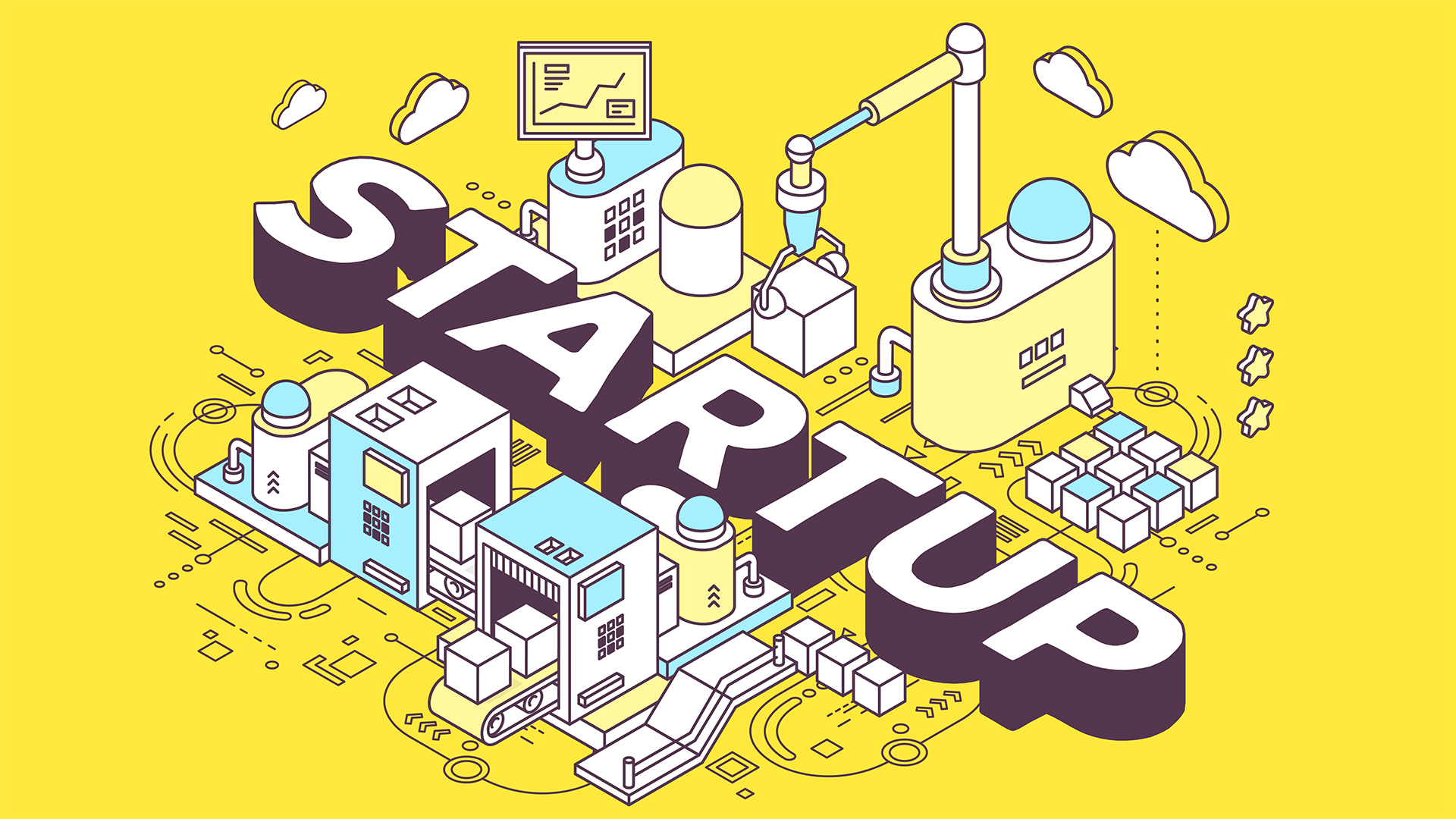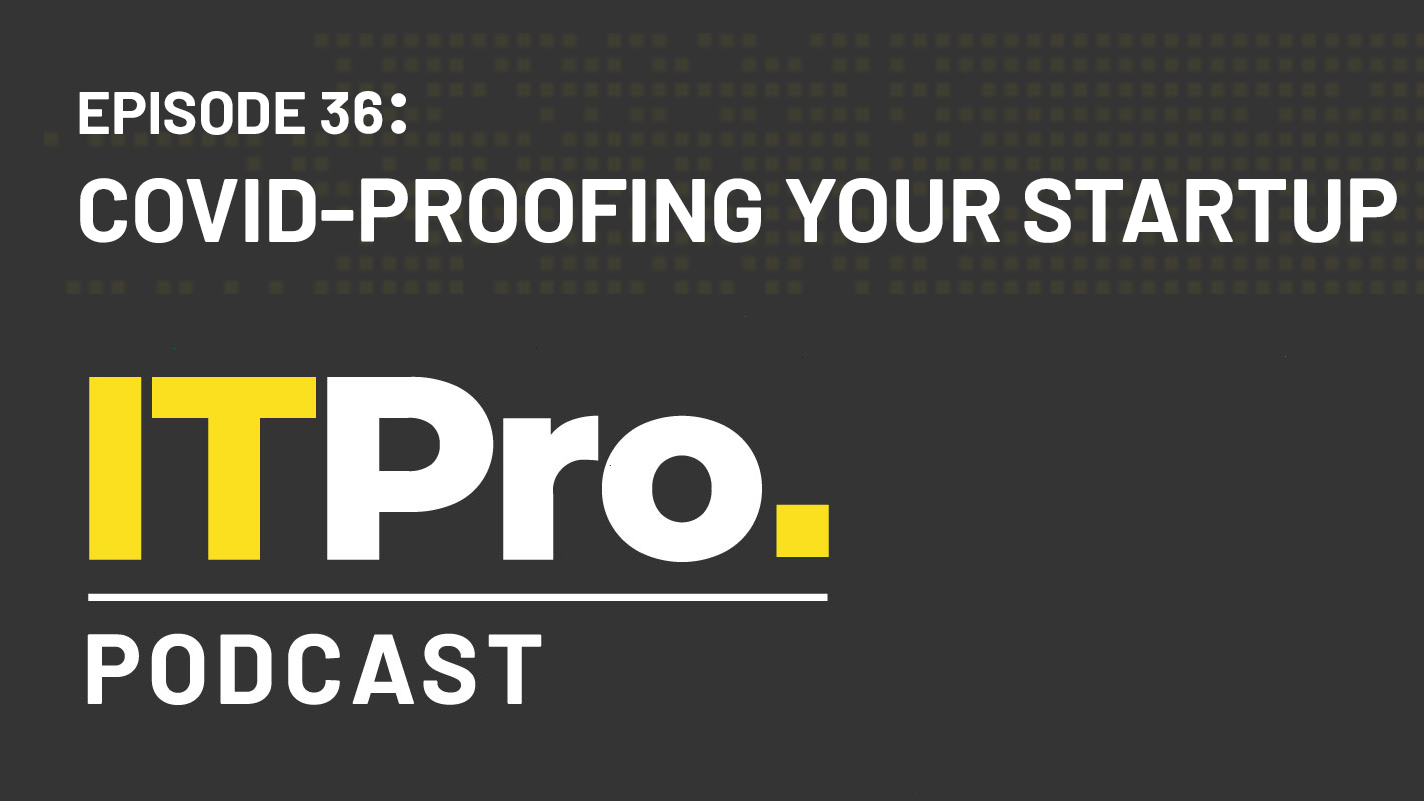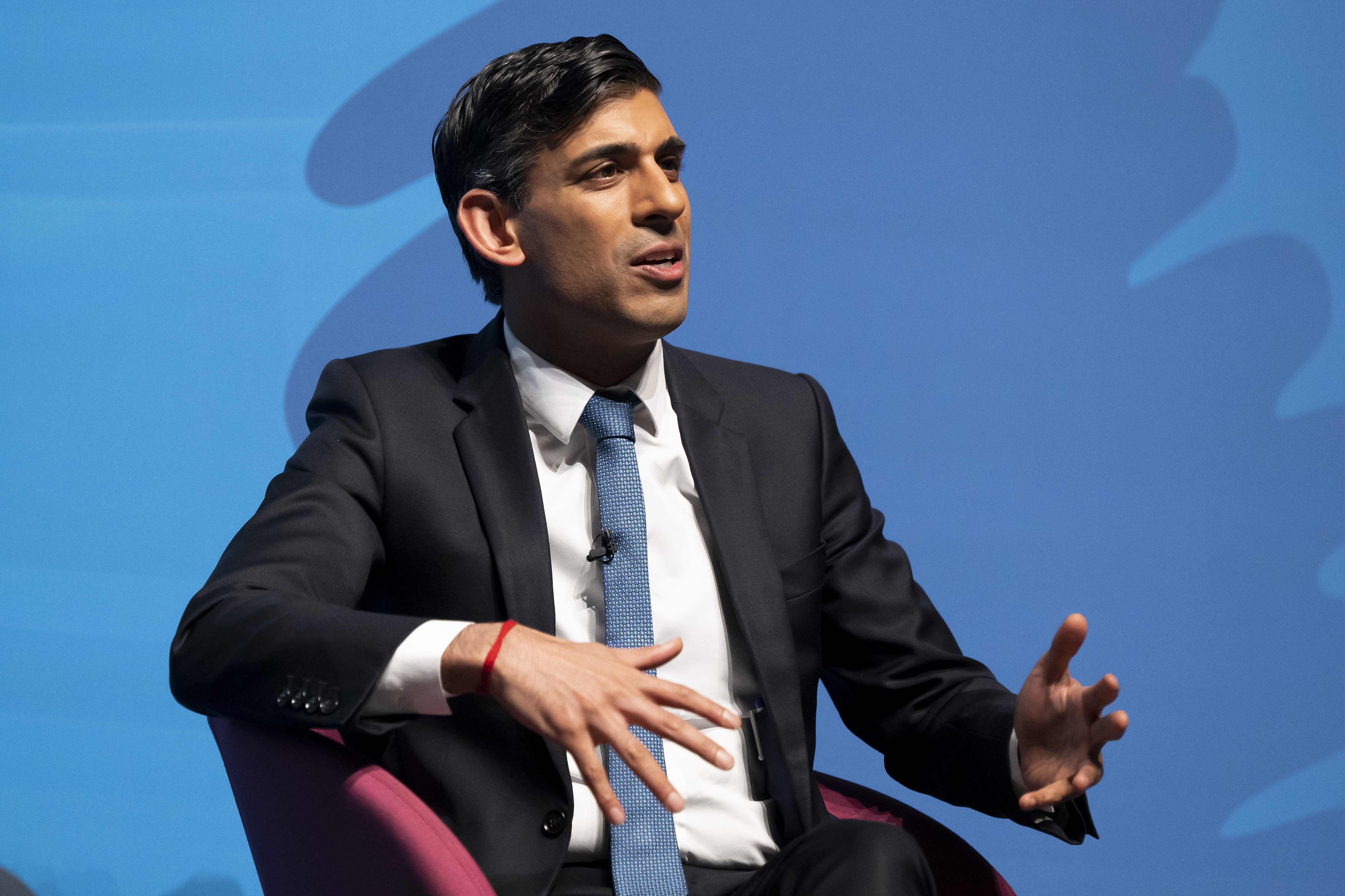UK tech startups to watch in 2022
Fintech, AI, mixed reality and a remote onboarding specialist make up IT Pro's list of small businesses to watch


You’ve got a fantastic idea for a tech startup. You’ve checked the competition and you think your idea fills a real gap in the market. You’re convinced it has potential to succeed. But you need other people to make it work. What you need most of all is a co-founder who can help you make the dream a reality. Nobody you know fits the bill. How do you find the right person, and how do you keep the relationship going?
First things first
Do you need a coder, a financial whiz, someone who can market your idea, or other skills? Are there skills you can buy in as opposed to those you need in a co-founder? For example, depending on what your tech startup is all about, you might need a product designer as a co-founder, or that might be a skill you can buy in later.
Develop a role description that covers not only the skills you need, but also the experience and knowledge that you’re looking for. That way a potential co-founder will know what’s required and can work out whether they fit the bill. This isn’t back of the envelope stuff, but a proper, formalised role description.
A potential co-founder will want to evaluate you as a future business partner, as well as you evaluating them. You will need to convince them you are worth the years of time, effort and energy they will be asked to put in, so you will need a great pitch. Whis is something you’re going to need anyway when you start to go out to investors, so there’s nothing wrong with getting it together from the off.
People find co-founders using all sorts of routes. Local business networks, friends, current or former work colleagues, matchmaking services, you might even find business schools with services that can help you. Scour local business support resources and those further afield, ask around, leave no stone unturned to find places to look for your new co-founder.
Evaluating your prospective partner
You’re going to have to work with a co-founder for a very long time, very closely, and you need to trust each other implicitly, get on well enough to sustain a business, and focus on the same outcomes, however you define them.
A probationary period might, therefore, be a useful thing to put in place. Adam Kuan, Corporate Partner at Kemp Little, says this could “help you see how the relationship works in a business context day to day, and assess any potential points of friction”.
Sign up today and you will receive a free copy of our Future Focus 2025 report - the leading guidance on AI, cybersecurity and other IT challenges as per 700+ senior executives
“If you decide to have a probationary period, make sure – if possible – you don’t give your prospective co-founder equity until the probation is over and you’re sure you want to make it a long term arrangement,” he adds. “Share options with an appropriate vesting period might be a good way of achieving this.”
In it for the long haul
When writing his 2013 book, The Founder’s Dilemmas, Harvard Business School professor Noam Wasserman, studied 10,000 people who had started businesses and found that 65% of high potential startups fail because of conflict among co-founders. That’s a lot of failure.
It’s not always easy to work with the same person for years and years, and there can be tensions along the way. It’s important to spot them early and nip them in the bud. In pitches, experienced potential investors will easily see even the slightest hints of discord. If one founder constantly interrupts another to add information that can be a sign that all is not rosy in the garden. Negative body language, too is a giveaway. You don’t want that.
RELATED RESOURCE

The IT Pro Podcast: COVID-proofing your startup
How can early-stage companies survive and thrive in the current climate?
But the last thing founders need once they’ve established a relationship is to part company. So you’ll need to find ways to smooth over the ruffles. Both you and your co-founder will need to be able to take a grown up attitude to disagreements, and keep an eye on the bigger picture. If you find that hard from the outset, maybe you’ve chosen the wrong co-founder.
Expect the best, but plan for the worst
It makes sense to plan for the worst. Parting company doesn’t have to be because there is antagonism between the founders. Life circumstances change, personal and family commitments change, and nothing is set in stone. Having a clear plan in case the worst happens could save a lot of pain and cash.
“We have advised many founders whose relationships have broken down,” says Kuan. “The lack of a shareholders’ agreement or any clear legal documentation always makes a bad situation worse – and far more expensive. You would always hope the legal documents are signed on completion and then relegated to a drawer somewhere to gather dust, but it is good to have them there just in case they are needed.”
It’s a lot to carry when all you really want to do is start your great tech business. But your co-founder is vital to your success, so make sure you put the effort into getting a good one and look after the relationship well
Bobby Hellard is ITPro's Reviews Editor and has worked on CloudPro and ChannelPro since 2018. In his time at ITPro, Bobby has covered stories for all the major technology companies, such as Apple, Microsoft, Amazon and Facebook, and regularly attends industry-leading events such as AWS Re:Invent and Google Cloud Next.
Bobby mainly covers hardware reviews, but you will also recognize him as the face of many of our video reviews of laptops and smartphones.
-
 2025 marked the beginning of the end for OpenAI
2025 marked the beginning of the end for OpenAIOpinion OpenAI has its fingers in too many pies and it’s rapidly losing favor with consumers and enterprises alike
-
 The changing role of the MSP: What does this mean for security?
The changing role of the MSP: What does this mean for security?Industry Insights Smaller businesses are more reliant on MSP support, but this also puts providers under increased scrutiny...
-
 Is Rishi Sunak’s ‘Unicorn Kingdom’ a reachable goal or a mere pipedream?
Is Rishi Sunak’s ‘Unicorn Kingdom’ a reachable goal or a mere pipedream?Analysis Plunging venture capital investment and warnings over high-growth company support raise doubts over the ‘Unicorn Kingdom’ ambition
-
 Some Tech Nation programs could continue after Founders Forum acquisition
Some Tech Nation programs could continue after Founders Forum acquisitionNews The acquisition brings to a close a months-long saga over what the future holds for Tech Nation initiatives
-
 Podcast transcript: Startup succession: From Tech Nation to Eagle Labs
Podcast transcript: Startup succession: From Tech Nation to Eagle LabsIT Pro Podcast Read the full transcript for this episode of the ITPro Podcast
-
 The ITPro Podcast: Startup succession: From Tech Nation to Eagle Labs
The ITPro Podcast: Startup succession: From Tech Nation to Eagle LabsITPro Podcast Some small firms are already lamenting the loss of Tech Nation, but Barclays Eagle Labs has much to offer the sector
-
 Don’t count Barclays Eagle Labs out just yet – it can deliver in ways Tech Nation never has
Don’t count Barclays Eagle Labs out just yet – it can deliver in ways Tech Nation never hasOpinion Tech Nation has a great track record, but Eagle Labs has the experience, the financial clout, and a clear-cut vision that will deliver positive results for UK tech
-
 UK tech sector could face a ‘unicorn winter’ amid spiralling economic conditions
UK tech sector could face a ‘unicorn winter’ amid spiralling economic conditionsNews Tech Nation’s final piece of industry research calls for action to support continued ecosystem growth
-
 "It's still not great": Industry divided on government's SMB tax relief package
"It's still not great": Industry divided on government's SMB tax relief packageNews The government’s handling of R&D tax credits has left SMBs with a “sense of disbelief”
-
 UK startup's Equinix deal marks step towards broad quantum computing access
UK startup's Equinix deal marks step towards broad quantum computing accessNews Businesses around the world will be able to use its quantum computing as a service platform through Equinix
